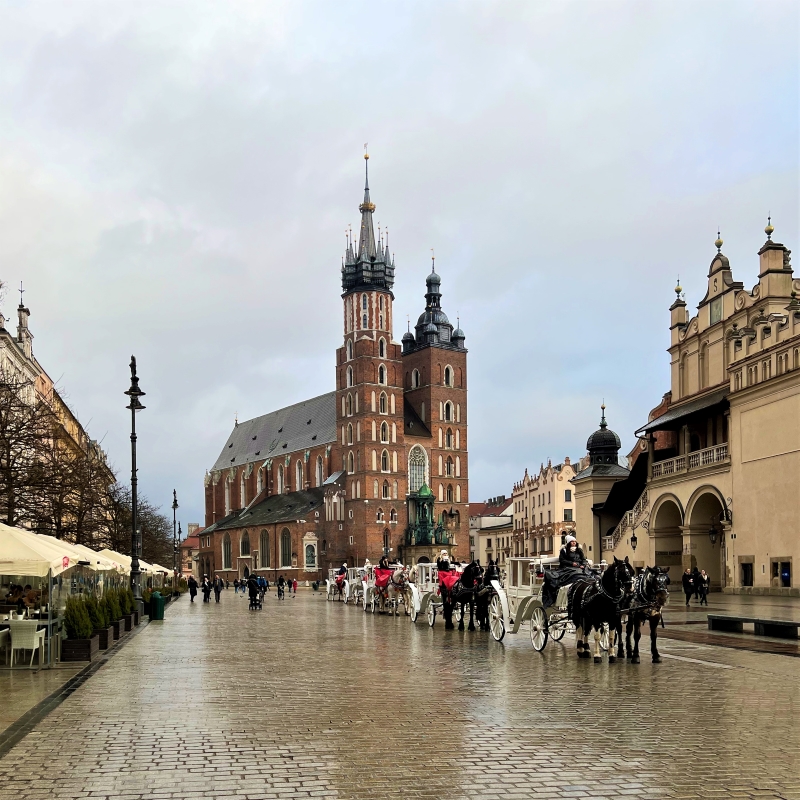
Kraków, nestled on the banks of the Wistula River in the south of Poland, is a timeless fusion of history and culture. Distinguished as a cultural and academic hub with enduring traditions, Krakow captivates with its unique allure. It's best known for its striking medieval Old Town, vibrant Main Market Square (Rynek Glówny), and historic Jewish quarter, Kazimierz. Amidst cobbled streets, Gothic and Renaissance architecture unfold, and the regal Wawel Castle overlooks the city, representing Krakow's royal past. The town avoided destruction during WWII, but remnants of the Jewish Ghetto wall, historic Oskar Schindler's Factory, and the city's proximity to the somber Auschwitz-Birkenau remind us of a painful history.
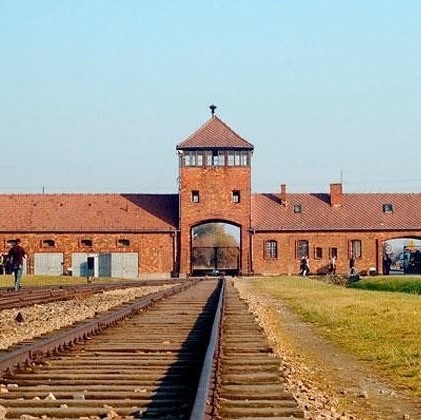
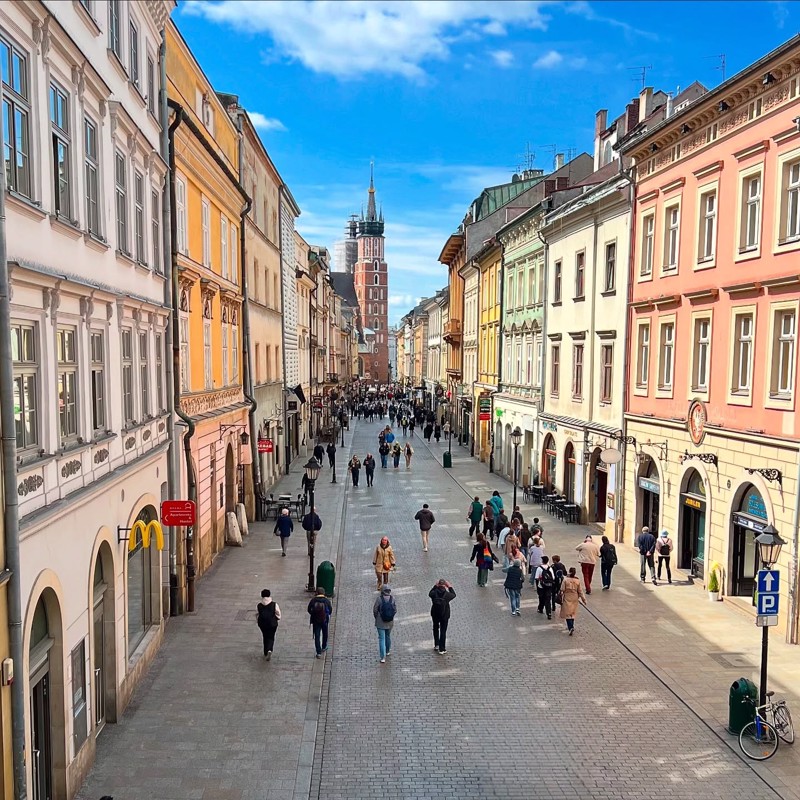
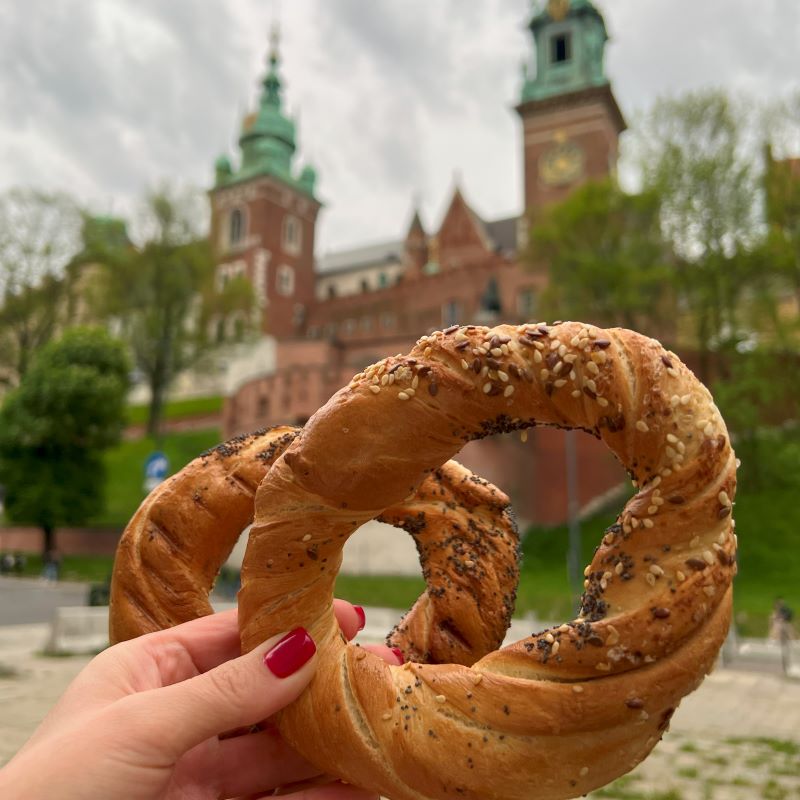
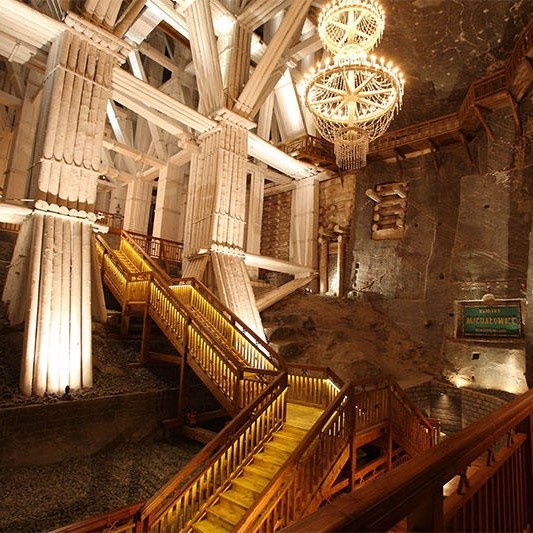
Krakow, one of Poland's oldest and most beautiful cities, is situated in the southern region along the Vistula River. As a must-visit travel destination, this captivating city offers a blend of rich history, enchanting architecture, and a lively cultural scene. With its well-preserved medieval core, bustling market square, and thriving arts community, Krakow provides visitors with an unforgettable experience steeped in tradition and charm.
Alternating themes of destruction and rebirth run throughout Kraków's history, all the way back to the 13th century, when marauding Tatars sacked the city and pierced the town crier's throat with an arrow. A century later, Kraków was back on top as Poland's capital, and then dashed again in the 16th century when the capital moved to Warsaw. In more recent times, Kraków re-emerged after WWI only to be occupied by Nazi Germany 20 years later. After that came communism, and another chapter of rebirth. It's a never-ending episode of Games of Thrones and just as enthralling.
Architecture buffs will think they died and went to heaven. Over the thousand years of Kraków's existence, all of the great European architectural styles – Romanesque, Gothic, Renaissance, baroque and art nouveau – have cycled through and left behind traces that prove the whole is infinitely greater than the sum of the parts. Find the world's largest late-Gothic altarpiece within the darkened interiors of St Mary's Basilica, and then step out into the sunshine to see the gleaming 16th-century Renaissance Cloth Hall, built at a time when Kraków's royal authority was at its apex.
Kraków may no longer be Poland's political capital, but it makes a strong case for being the country's cultural capital. The annual list of festivals and events is as long as your arm, and every week, it seems, brings another celebration of theatre, the arts, music, film, dance, literature and, yes, food. Did we mention there's even a pierogi fest? Outside the festival calendar, Cracovians are inveterate theatregoers, jazz aficionados, poetry lovers, film buffs and klezmer listeners, and seemingly every corner of the city, every dark basement and hidden garden, buzzes with artistic anticipation.
No accounting of Kraków's charms would be complete without a nod toward the culinary. Come for your fill of traditional delights like kiełbasa (Polish sausage), pierogi and vodka, served everywhere from grand Gothic cellars to simple stands. But Cracovians also love to expand their palates. French, Italian and Asian-inspired restaurants are popular, while vegan and vegetarian foods are experiencing something of a moment – vegan sushi and meatless kebabs are all the rage. Finish off with lody (ice cream), a national mania.